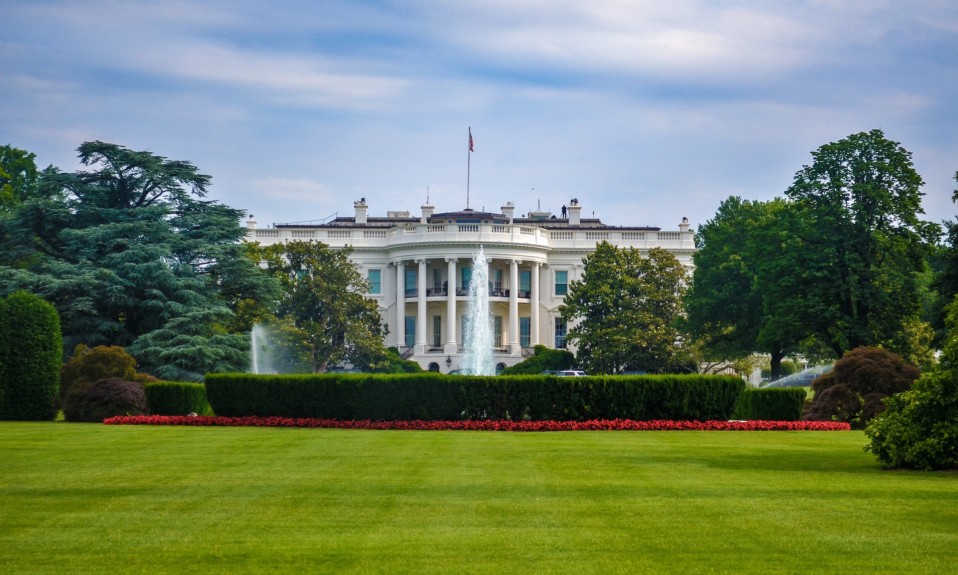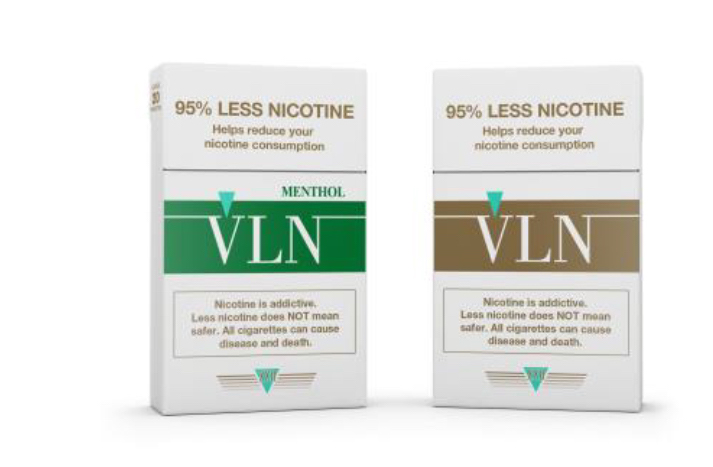The Golden State wants to take contingency management, which rewards people for staying drug-free, to a whole new level
By Jason Langendorf
Lawmakers in California are attempting to pass legislation that would make the state the nation’s first to compensate people with substance use disorder (SUD) for abstaining from illicit drug use.
California Gov. Gavin Newsom has asked the federal government for permission to use tax dollars to pay for a state-led SUD contingency management program through Medicaid, the Associated Press reported. A federal anti-kickback statute (AKS) currently muddles the legality of using public funds for such programs.
We’re seeing cities and towns across California ravaged by the meth crisis, and we need a new approach.”
—California state senator Scott Wiener
At the same time, contingency management legislation introduced by California senator Scott Wiener—Senate Bill 110—is currently being weighed by the state assembly, after passing through the state senate by a unanimous vote in June. According to Kaiser Health News, a pilot program could be in the offing, pending the results of California’s latest budget negotiations. SB 110, if passed into law, would provide permanent funding through Medi-Cal, the state Medicaid program, for contingency management programs, especially those that address addiction to stimulants like meth.
“Meth addiction is pernicious—it’s both very difficult to live with and to kick,” Wiener said in a recent statement on SB 110, also known as the Recovery Incentives Act. “We’re seeing cities and towns across California ravaged by the meth crisis, and we need a new approach. Every community is impacted by substance use, particularly meth use—including the LGBTQ community, which sadly faces a meth crisis of its own. We must invest in evidence-based treatments for meth addiction and all substance use disorders.”

The Idea Behind SB 110
Contingency management is nothing new, and its efficacy is backed by significant evidence, including the results of a large-scale Veterans Administration program. A therapy that incentivizes changes in behavior through a progressive rewards system, contingency management is considered by many experts to be one of the most effective non-pharmaceutical stand-alone modalities in the addiction space. And because, unlike opioids, there is currently no approved medication-assisted treatment (MAT) for stimulants such as methamphetamine and cocaine, more lawmakers seem to be warming to contingency management as a viable therapy.
“There is a clear kind of hole in regards to treatment services for individuals who have a stimulant use disorder,” Jacey Cooper, director of California’s Medicaid program, told the AP. “At this point [contingency management)] is the only thing people are pointing to that has been effective.”
The taxpayer cost to implement SB 110 would hinge on participation levels, but estimates range from about $179,000 a year per 1,000 participants to a maximum of $286,000.
Overdose deaths across the country, which have been steadily increasing for decades, have spiked during the COVID-19 pandemic. In California, stimulant use—and that of methamphetamine in particular—is a growing problem. The state has seen overdose deaths from stimulants increase roughly fourfold since 2010.
Top photo: Joshua Rondeau














